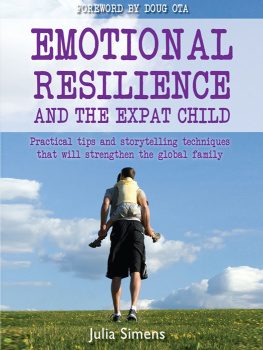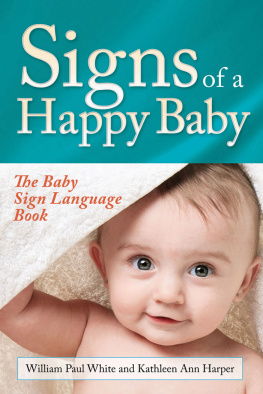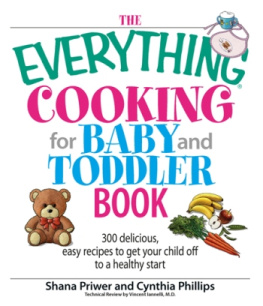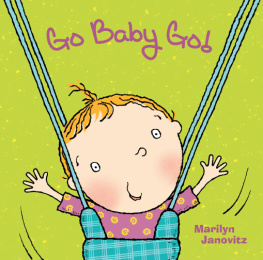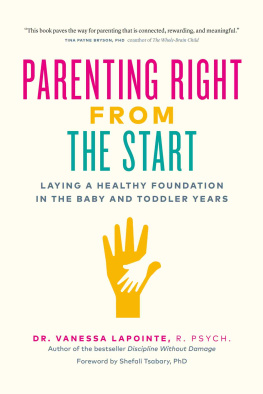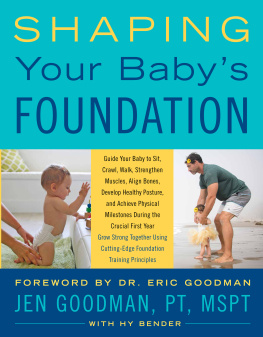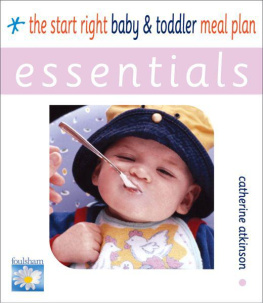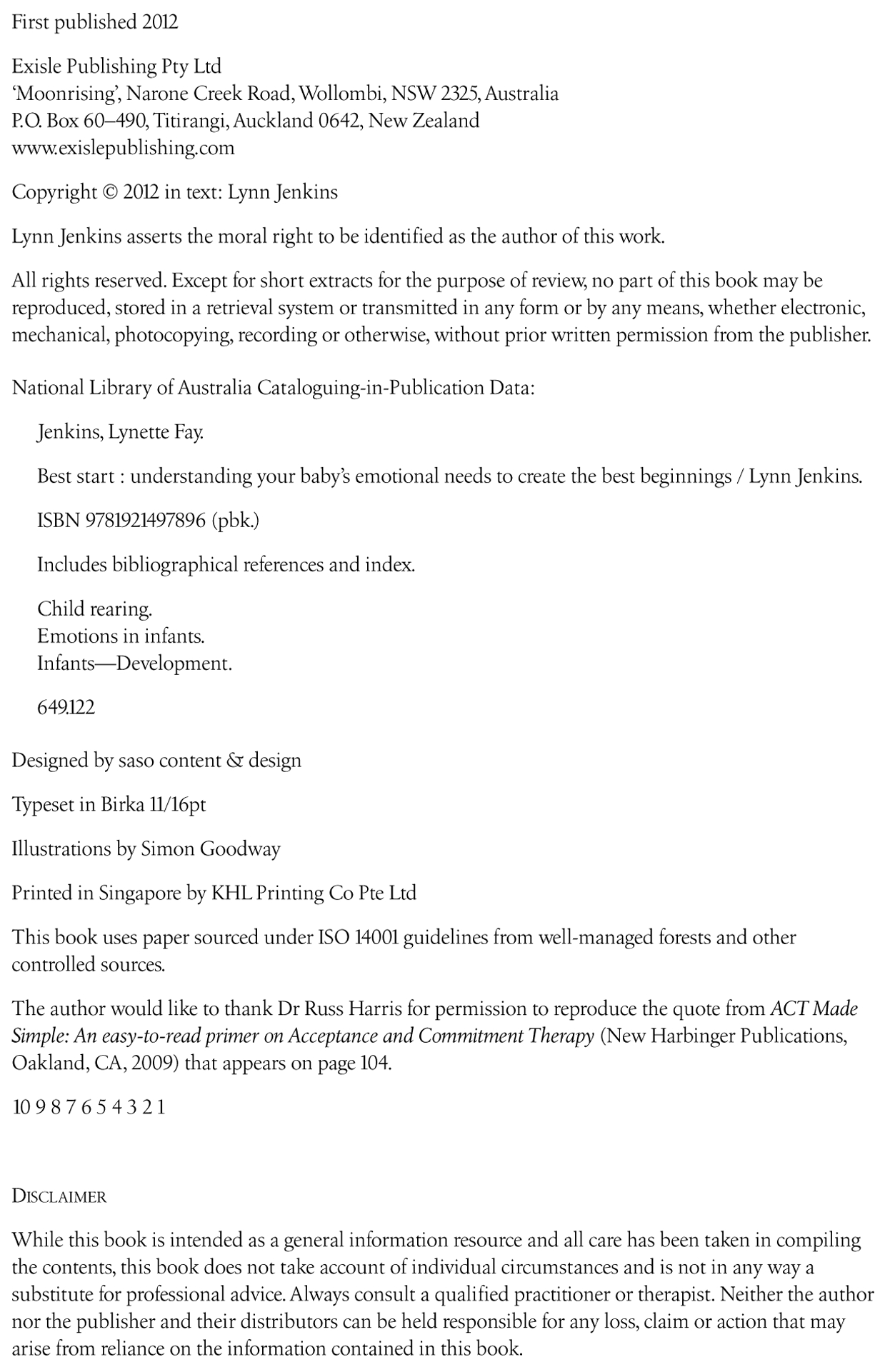
This brilliant little book brings together the author's years of experience as a clinical psychologist helping parents manage the complexities of parenting, her anecdotes and stories from her living laboratory as a mother, informed by contemporary understanding from research in brain development and social science fields. I couldn't put this book down. Lynns passion and expertise with parenting and child development shines through. Her book is like a lighthouse, providing clear guidance and clarity for anyone wanting to provide the best environment for a child to reach their full potential.
Carolyn Hastie, midwife, educator and author of thinkbirth.blogspot.com
Best Start is a very practical book for parents. It doesn't spend time telling you how to parent, instead it gets people thinking about how to help their children grow-up feeling good about themselves. Lynn has used her own experiences as a parent mixed with her clinical skills to present a book that is witty and humorous as well as managing to cover very important areas such as emotional regulation and teaching the language of emotion to children.
Julie Ferguson, nurse practitioner in the field of perinatal mental health
This is a comprehensive guide to an infant's emotional and social developmental needs ... ideal for parents interested in the deeper psychological needs of their babies.
Dr Beth Mah B.Med (Hons), F.R.A.N.Z.C.P., Cert. Child Adol. Psych., Infant and Parent Psychiatrist
To my little seedlings: Luca, Evie and Sebastian
Introduction
WHAT DO WE MEAN BY BEST START?
Have you heard the story about the two seedlings sitting on the nursery shelf watching all the people go by?
One seedling says, How can you tell the ones who are going to help us grow from the ones who are going to let us wither and die?
You cant, the other seedling replies. Our fate is in their hands.
I can think of more than one occasion when Ive bought little seedlings home determined to establish a flourishing garden bed. My intentions have always been nothing less than admirableadoringly planting them in fresh soil, watering them in and spending at least the next five days tending to them. They grow into wonderful flowers that I love to look at.
But then I forget to water them ... and suddenly the garden is no longer flourishing. The flowers are still there but theyre definitely not at their best. Those little seedlings started off with all the potential in the world and then my actions, or rather inaction, sent them in a different direction.
To think of newborn babies like seedlings might be a bit of a stretch, but its not a bad analogy to keep in mind when thinking of childrens foundations. Just like seedlings, babies cant control the conditions theyre exposed to. And just like seedlings, babies are born into this world completely dependent on those around them to provide them with what they need in order to grow and develop well. Human babies are born ready to adapt to the environment theyre born intothey are shaped by the experiences and interactions they have in their early years.
It is the quality of those experiences and interactions that is crucial. Babies can have their basic physical needs met by anyone really, but it is the extra warmth and connection that comes with loving, attentive, sensitive interactions that can make a difference to a babys foundations. The way a baby is treated during everyday tasks such as feeding, changing, going to sleep, lying on a rug, and just being with their parents all contributes to the way they develop.
It is through these interactions that babies learn about themselves and the world theyve been born into. And it is in this way that they develop a framework in which they can place themselves in relation to another person or peopleusually their main caregiversas they grow up. This framework is how they come to know themselves as little people, and it will be used to interpret future interactions and experiences they come across. Its as if they think, Well, Im this sort of person so what that person just said to me must mean... or My experience of people has been that so I expect him to...
This framework of themselves can be a secure one or an insecure one. It is part of their foundations. These can either develop to be stable and firm, helping to support them through the ups and downs of life, or fragile and prone to crumble under the weight that can come with life as they grow up.
Through their interactions with their caregivers they learn such things as:
- whether they can trust or not
- whether they can feel secure or not
- whether they can be themselves or not
- whether they are valued or not
- whether they can afford to be confident and relaxed or need to be guarded and on alert
- whether they can express emotion or need to suppress it
- whether they will be responded to or whether there is little point in seeking help.
Keeping in mind that babies learn to be a certain way in response to how they are treated, imagine a baby who develops a knowing that they cant depend on their carers, or that theyre not valued, or that their feelings dont matter or are not acceptable, or that theres no use in seeking attention to get their needs met. Now consider the possible future of a baby with this start in life, particularly if they continue to be brought up in the same way. What do you think some of their self-beliefs might be? What do you think their self-esteem might be like? What thoughts might they develop about other people? What thoughts and feelings might they develop about themselves? How might they participate in relationships? How might they feel and behave in social situations? How emotionally secure do you think they might feel?
Questions such as these are important to reflect on when it comes to interacting with babies and young children, because their early experiences and interactions provide them with the beginnings of their self-beliefs, thoughts and feelings; of their self-esteem and self-value. They contribute to determining how they operate in relationships; how they behave socially; how they regulate their emotions; their sense of emotional security, and many more important beginnings.
For babies over time to be able to develop trust, to laugh and cry freely, to feel secure and valued and as if they have some control and mastery over their abilities, and to feel confident that they have at least one person they can depend on to help them feel better, they need some simple things. They need us, their parents, to think of them as little beings right from the beginning and be mindful that they have needsthe more obvious physical ones as well as the perhaps less obvious emotional ones. They need us to be attentive and responsive to their needs in a consistent way. And they need us to be aware that babyhood is the time when they are learning their very first lessons about themselves, other people, emotions and relationships.
Now imagine a baby developing a knowing that they will be heard, confident that they are valuable enough to be noticed by the most important people in their life; that their feelings matter and will be met with sensitivity; that they can express emotion freely; that they can consistently trust someone will help them when they need it; and that their particular temperament and gene structure will be accepted in all its glory. Think about what has been programmed into a baby with this start to life, their self-beliefs, their sense of value and worthiness, their sense of themselves as a person, their sense of security, their sense of themselves in relation to other people, their ideas about the acceptability of having and expressing emotion, and how they expect to be treated.
Next page

